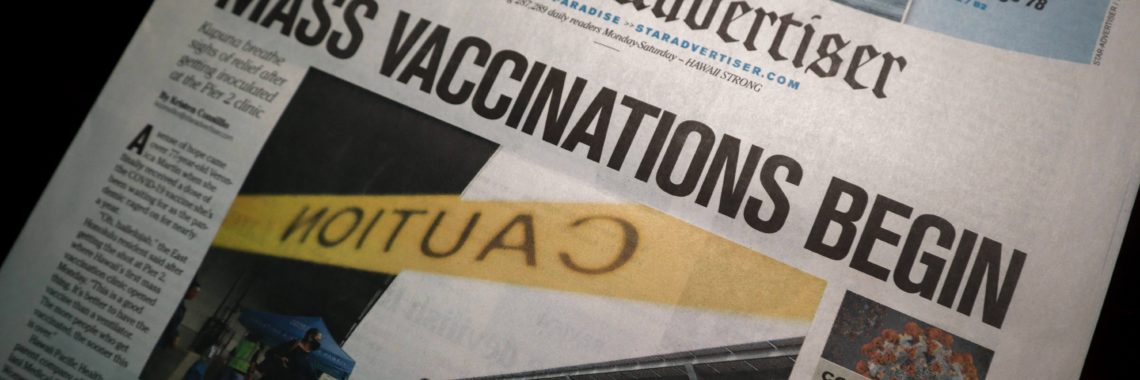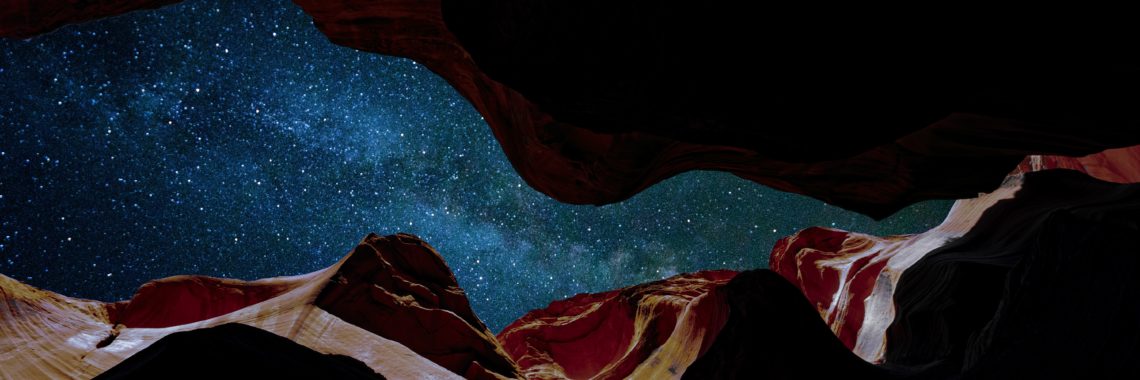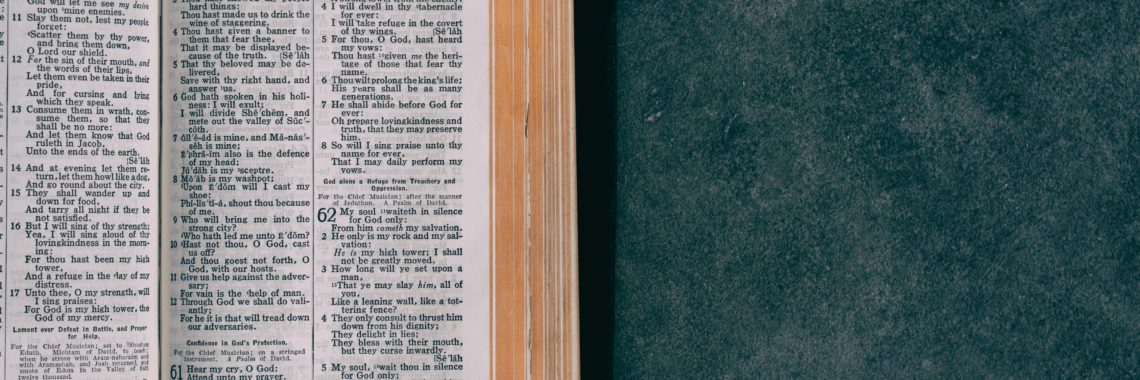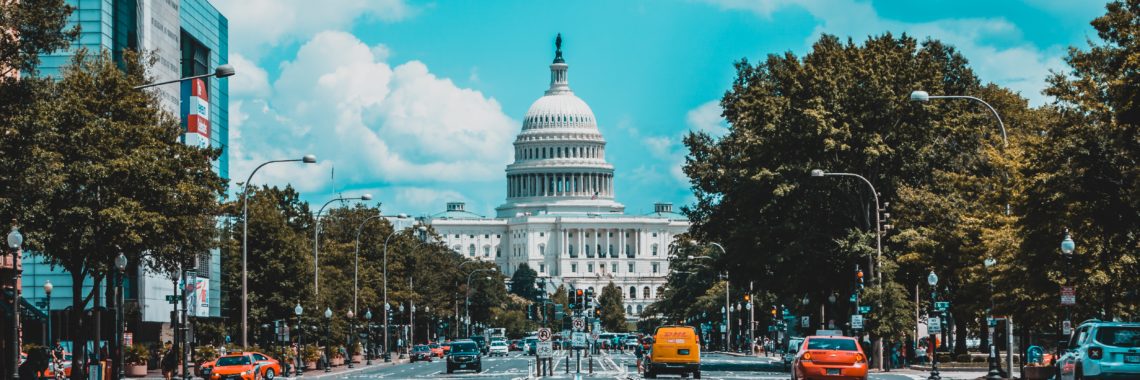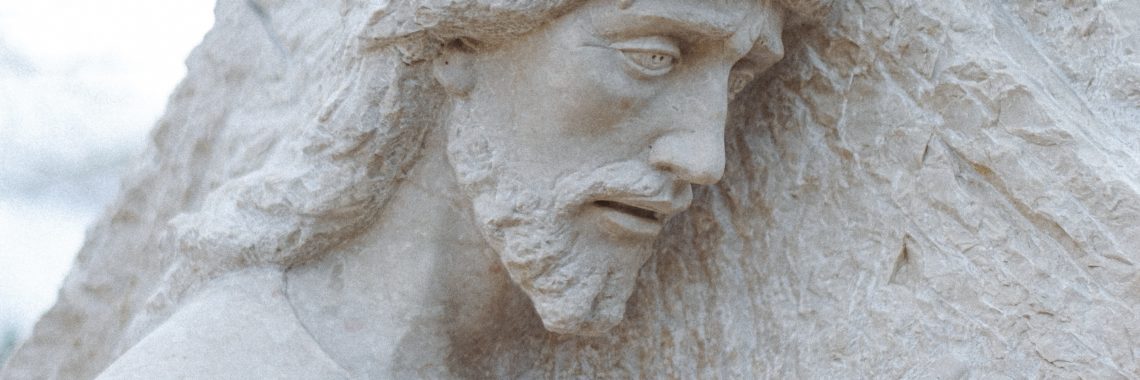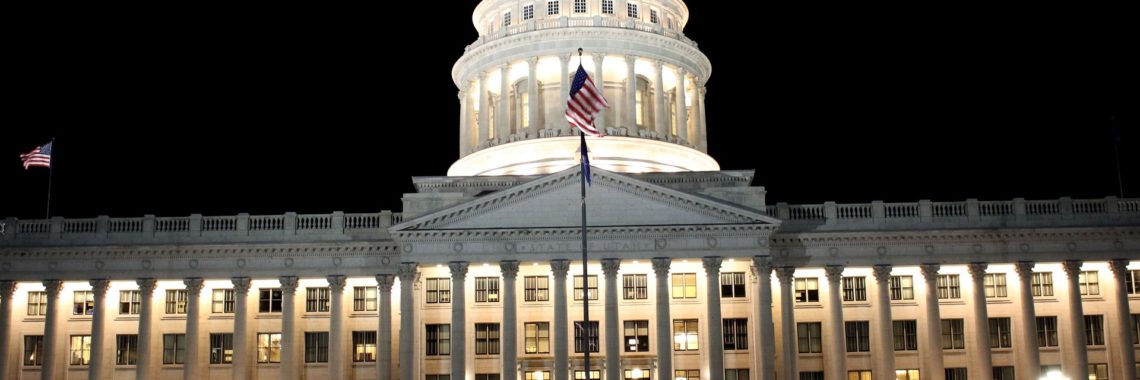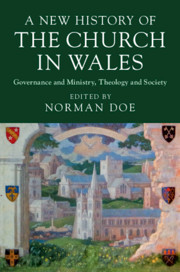“Fulton and Government-Mandated Vaccinations” by Zachary B. Pohlman
Photo by little plant on Unsplash. This article is part of our “Law and Religion Under Pressure: A One-Year Pandemic Retrospective” series.If you’d like to check out other articles in this series, click here. I The COVID-19 pandemic recently passed the one-year mark. Despite the predictions of some health officials a year ago, the once-impossible has…


